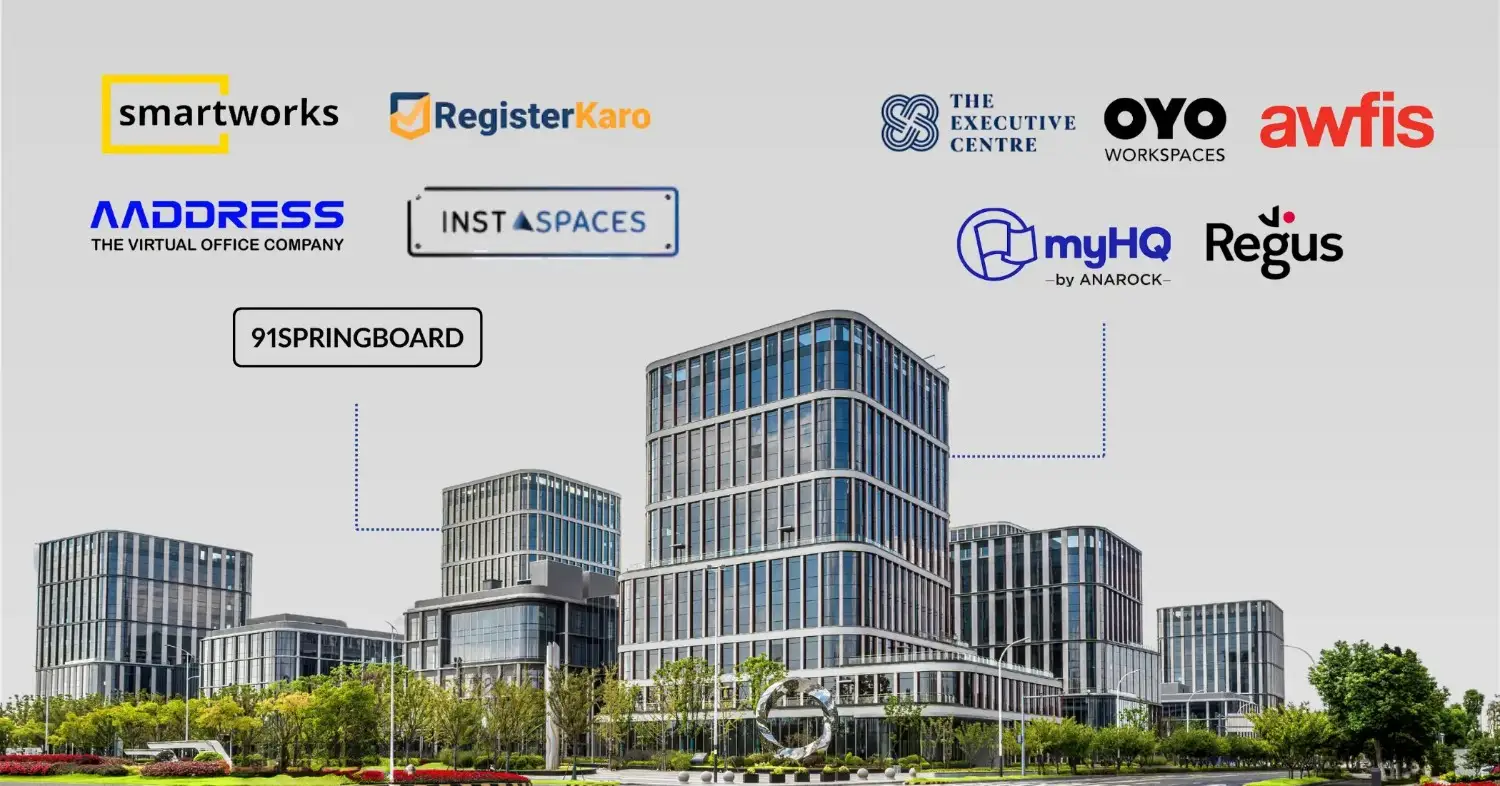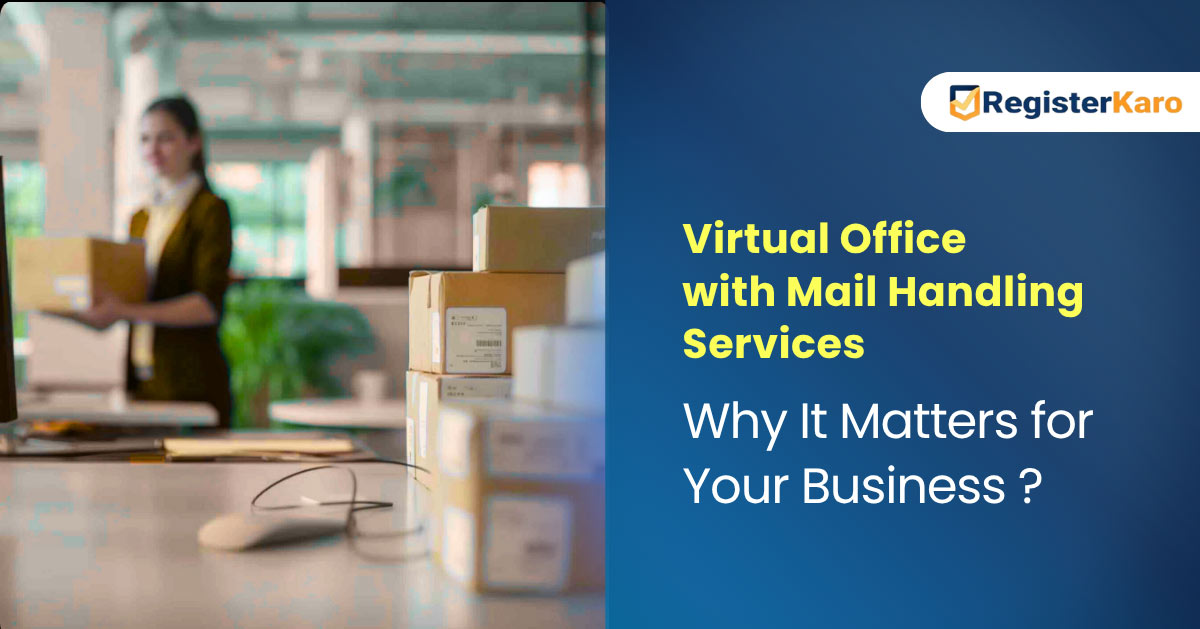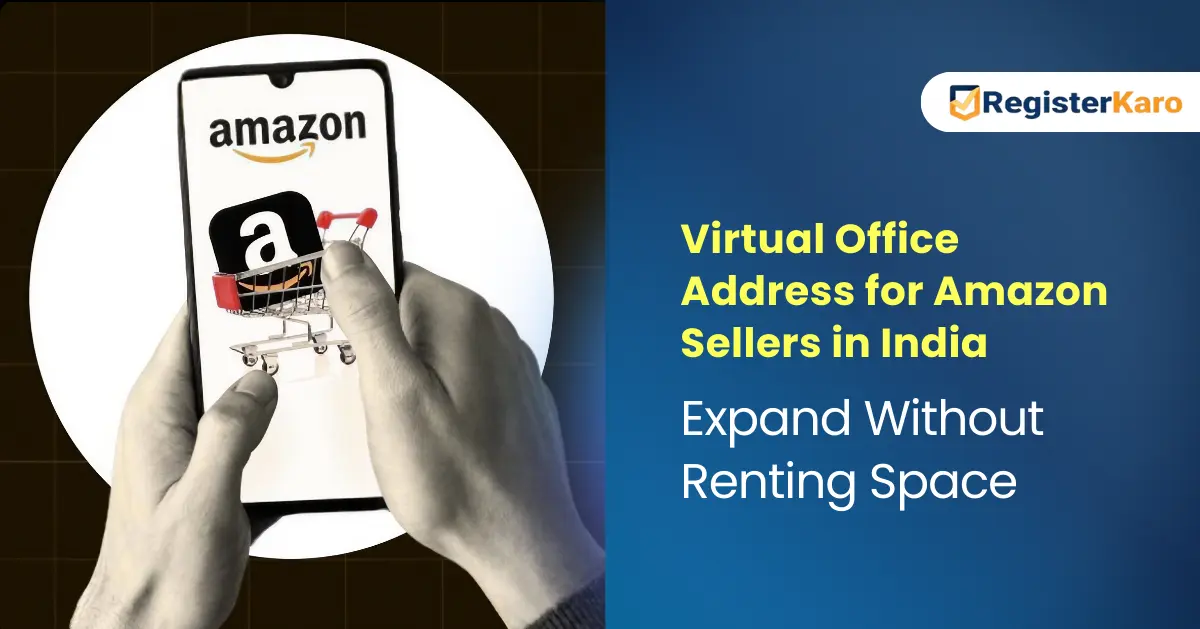Virtual CFO services offer businesses outsourced financial expertise, delivering strategic financial management and guidance remotely. Essentially, it's a financial professional working on a contract basis, providing services similar to a full-time CFO but without the expense of a traditional hire. These services especially benefit startups and small to medium-sized businesses (SMBs) that require high-level financial input but may not need a full-time CFO.
The ideal time to hire a virtual CFO (vCFO) is during a period of rapid growth or when you're preparing for a significant event like fundraising. It's a perfect solution if your business needs strategic financial planning but isn't ready for the cost of a full-time CFO.
It's also beneficial to consider a vCFO when you need objective financial advice, better financial reporting, or improved cash flow management.
VCFO Services Vs Traditional CFO Services
Both Virtual CFO (VCFO) and Traditional CFO services provide essential financial leadership, but they differ significantly in their engagement model, cost structure, flexibility, and technological integration.
| Aspect | Traditional CFO | Virtual CFO |
| Cost | High, encompassing salary, benefits, and bonuses | More affordable; compensation is based on services rendered |
| Flexibility | Limited to a full-time, dedicated commitment | Highly flexible, offering part-time or project-specific engagement |
| Scalability | Necessitates re-hiring or expanding the existing team | Readily scalable, adapting effortlessly to evolving business requirements |
| Accessibility | Primarily an onsite presence, available for all internal meetings | Remote-based, with access facilitated through various technology tools |
| Technology | Relies on the company's internal technological resources | Frequently leverages cutting-edge tools and software solutions |











